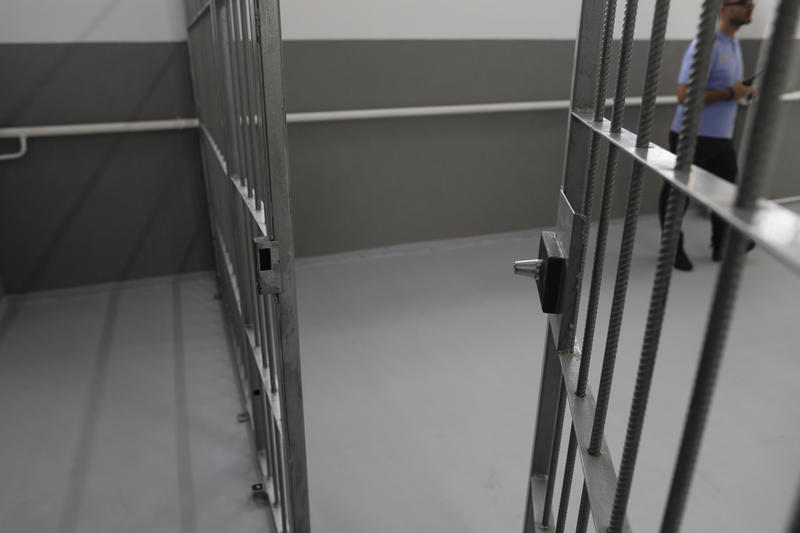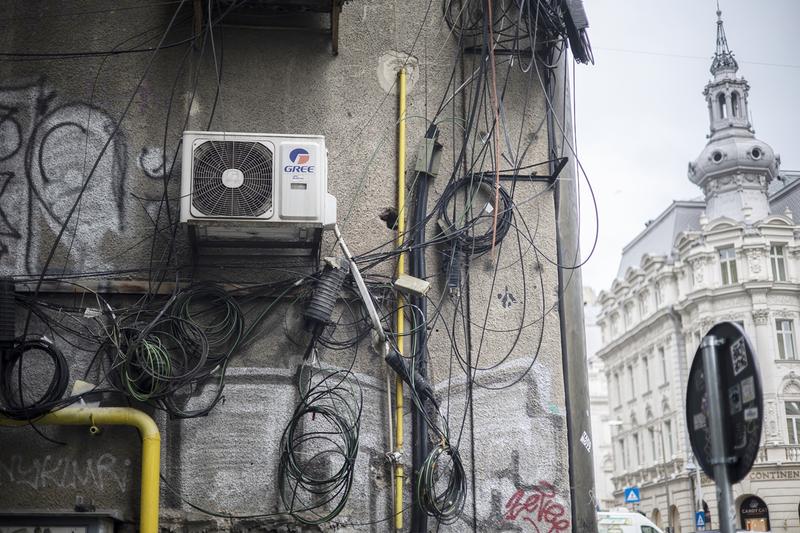One newspaper digs deeper intro the case of an Italian businessman who turned in top officials from Romania's fiscal authority ANAF to anti-graft prosecutors. Another tells how a woman is about to block the accounts of the fiscal authority in the city of Timisoara. The story of a man who cannot be buried because of a legislative hole and earthquake-related inventions also feature in the papers today.
Romania libera investigates deeper into the case of Italian businessman Antonello Celestini, who turned in officials from Romanian fiscal authority ANAF to anti-corruption prosecutors over a 1.8 million euro bribe. The paper reads that Celestini is investigated in no less than five criminal files in Romania. And it quotes judicial sources according to whom his companies in Italy appear to be checked by authorities currently under suspicion of tax evasion.
Another newspaper, Adevarul, tells the story of a woman who is about to block the accounts of fiscal authorities in Timisoara over 8,000 euro claimed back by the woman who says she is harassed by the state. The fiscal authority managed to become indebted to the woman due to a practice in which judicial officials of the authority abused of: opening an unreasonable number of cases against firm managers who fail to immediately pass to the state accounts the funds obtained from employees as salary taxes.
The practice is now "blown up" as one of the people "harassed" with criminal complaints found a way to force the state pay for the abuse. According to the paper, the woman manages a large multinational company based in Bucharest. The woman, who has managed a Timisoara-based company - challenged a criminal complaint of the fiscal authority and obtained a court verdict favorable to her in late 2010, by which the fiscal authority had to pay 5,000 euro to cover the court expenses. In January, the amount rose to 8,000 euro and she now calls for the accounts of the authority to be blocked until the amount is paid. A court decision in this regard is due next week.
Also in the news today, Evenimentul zilei publishes a history of inventions aimed at preventing catastrophic effects of earthquakes, as today Romania marks 34 years since the latest major earthquake that hit its territory, killing over 1,500 people. The paper reads that the most modern such system was applied to a building of the Academy of Economic Studies in Bucharest. According to the paper, the technology can make an 8 degrees Richter quake pass unnoticed.
And the same Evenimentul Zilei publishes the story of a man who cannot be buried 11 days after his body was returned to Romania. According to the paper, a pensioner refuses to bury his brother, whose body was returned from the United States. The man, who has lived in the US for decades, demanded that he be buried close to where he spent his childhood in Romania.
As his body was carried home, his sister has been refusing to bury him, keeping the body at her home for 11 days. And because he was an American citizen, and Romanian law does not say what should happen in such cases, Romanian authorities cannot overcome the reluctance of the woman and force her to have her brother buried - as it could have happened if he had Romanian citizenship.



















